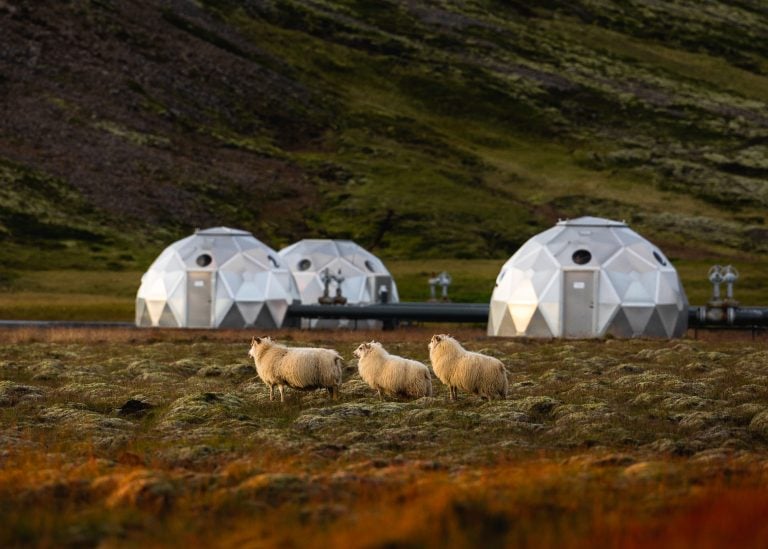Carbfix was established in Iceland in 2007 as an international research collaboration to explore whether nature’s way of storing CO2 could be accelerated by dissolving it in water and letting it mineralise in porous rocks underground. The company started test injections of CO2 captured from a nearby geothermal power plant in 2011, and the process was proven to work much faster than expected. It turns out that within two years after injection, almost all of the CO2 has mineralised and is safely and permanently stored deep underground as carbonate minerals. Carbfix has operated this technology on an industrial scale in Iceland since 2012 and has mineralised over 80.000 tonnes of CO2.
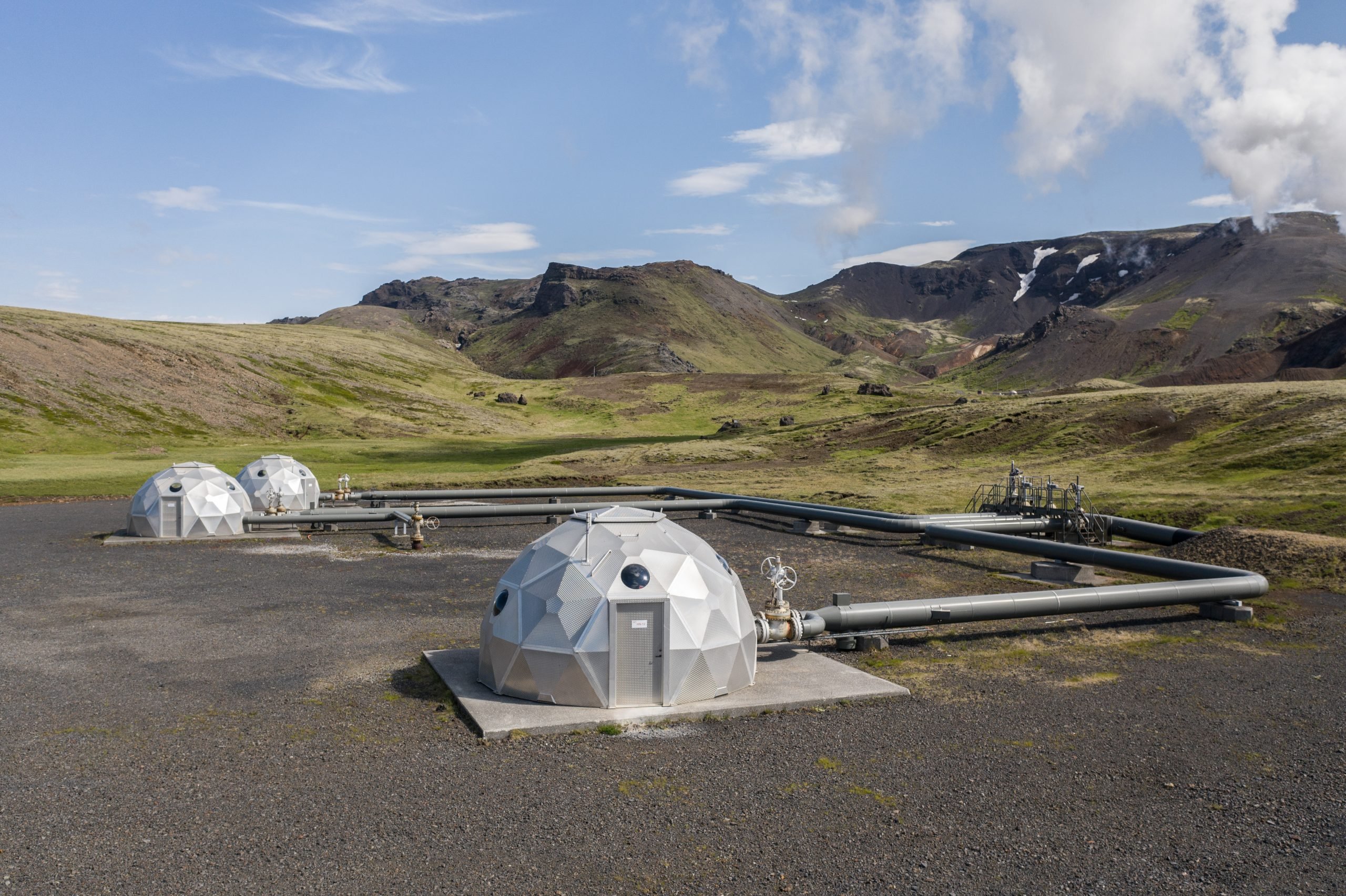
Carbfix is involved with several interesting projects, and its most recent project is Coda Terminal, a planned CO2 transport and mineralisation hub in Iceland. Coda is scheduled to commence operations in 2026 and reach a capacity of 3 million tonnes of CO2 per year in 2031. In 2021, Carbfix started mineralising CO2 the Swiss company Climeworks captures directly from the atmosphere at their Orca DAC plant in Iceland. The company is also working to increase the proportion of CO2 they capture and store from the Hellisheiði geothermal plant from one-third to almost 100 per cent. This year, Carbfix started injecting CO2 emitted from a second geothermal plant in Iceland.
Iceland is an ideal location for a company with Carbfix’s mission, as Iceland has abundant porous basaltic rock formations required for the company’s method. However, basalt can be found in approximately 5% of the continents, and the majority of the ocean floor, so there are many other locations around the globe where Carbfix’s technology could be used.
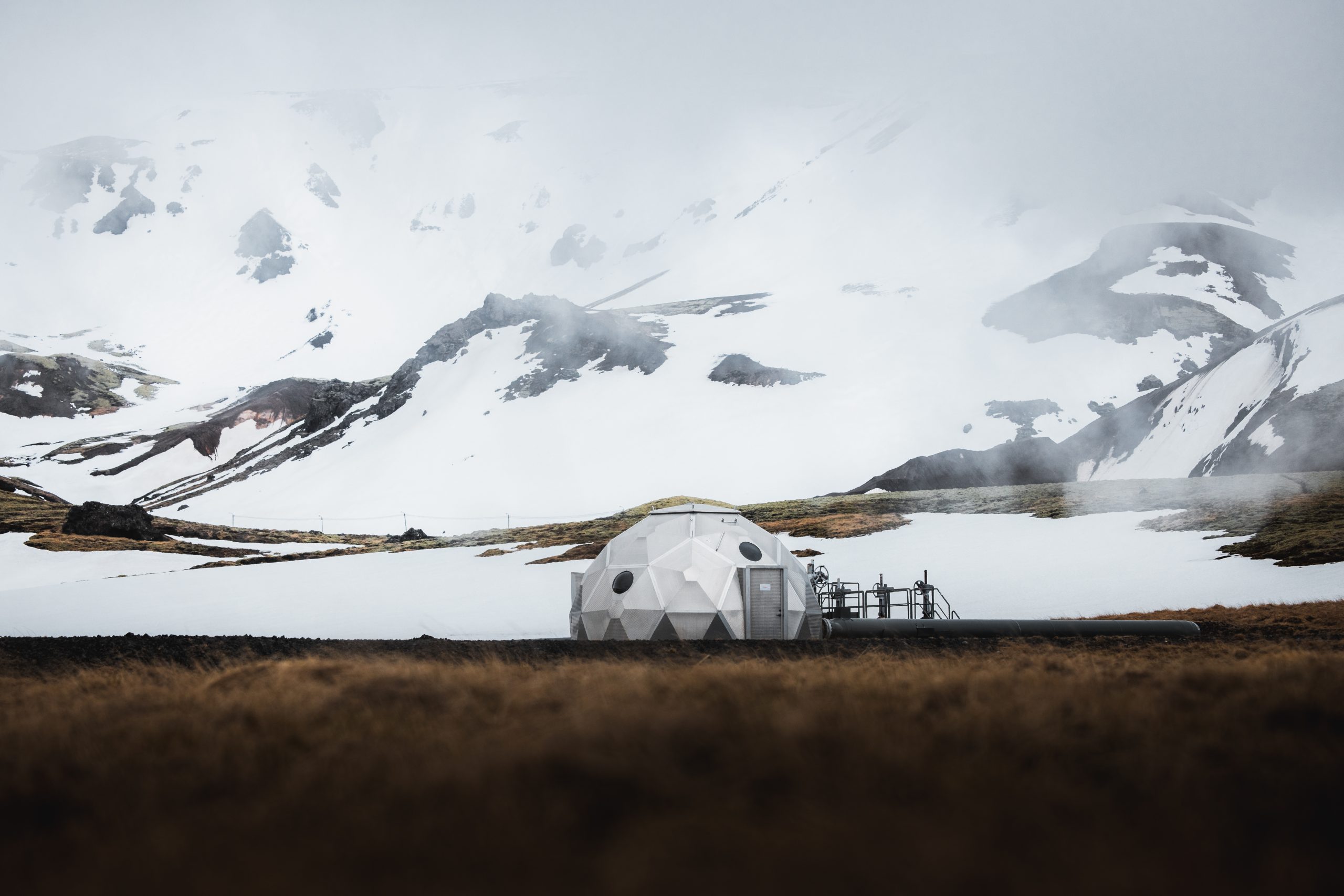
The scaling of carbon capture and storage is necessary to achieve the world’s climate goals. Carbfix’s primary focus is reducing the world’s dependence on fossil fuels. However, some industries and processes don’t have alternative solutions,leaving carbon capture and storage the only option to prevent their emissions from being released into the atmosphere.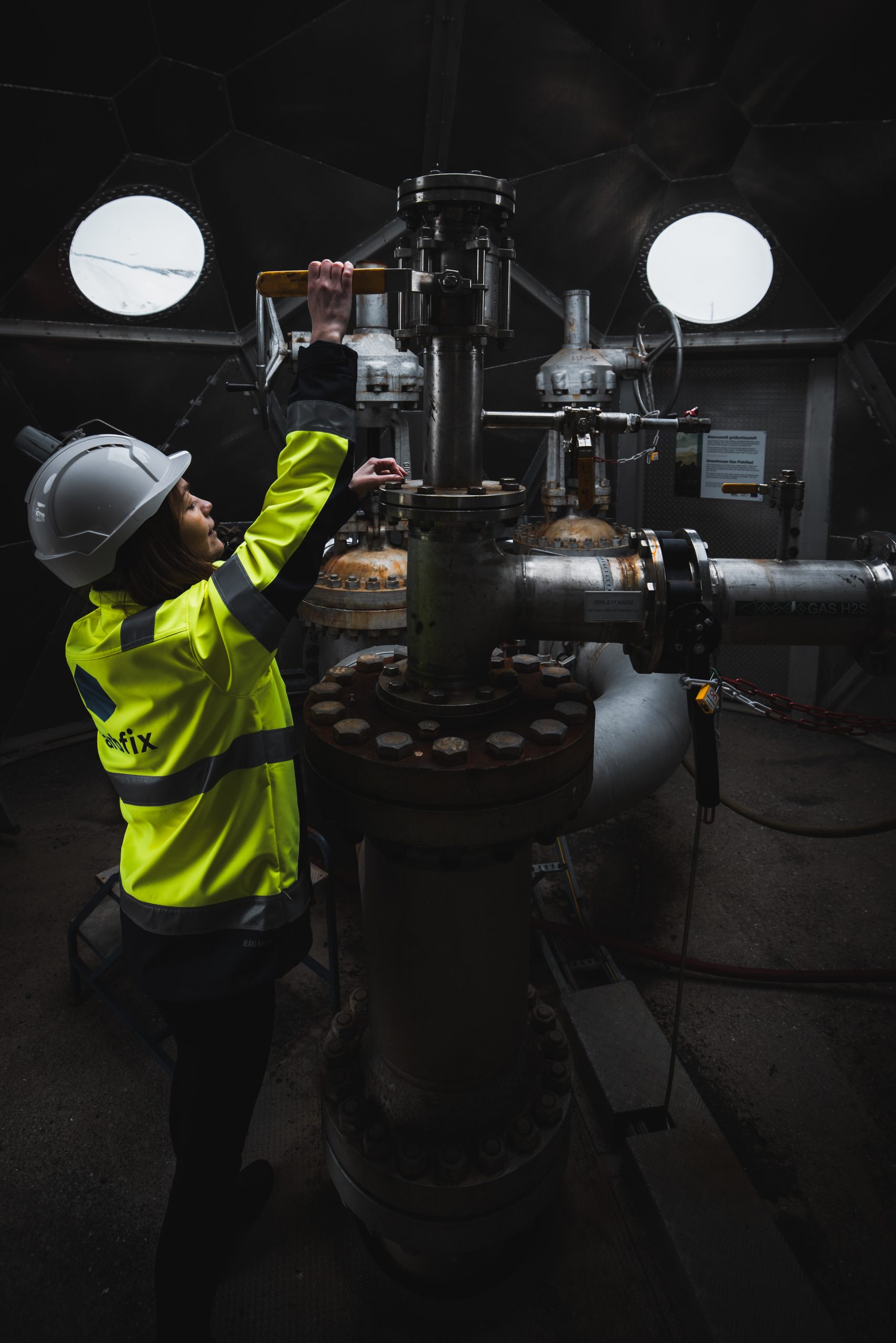
Furthermore, Carbfix is an essential part of Iceland’s achieving carbon neutrality by 2040. Applying the Carbfix technology to permanently store CO2 emissions from geothermal power plants and emissions from power-intensive industries is a significant contribution to Iceland’s goal of carbon neutrality and Iceland’s targets and international obligations in terms of emission reductions.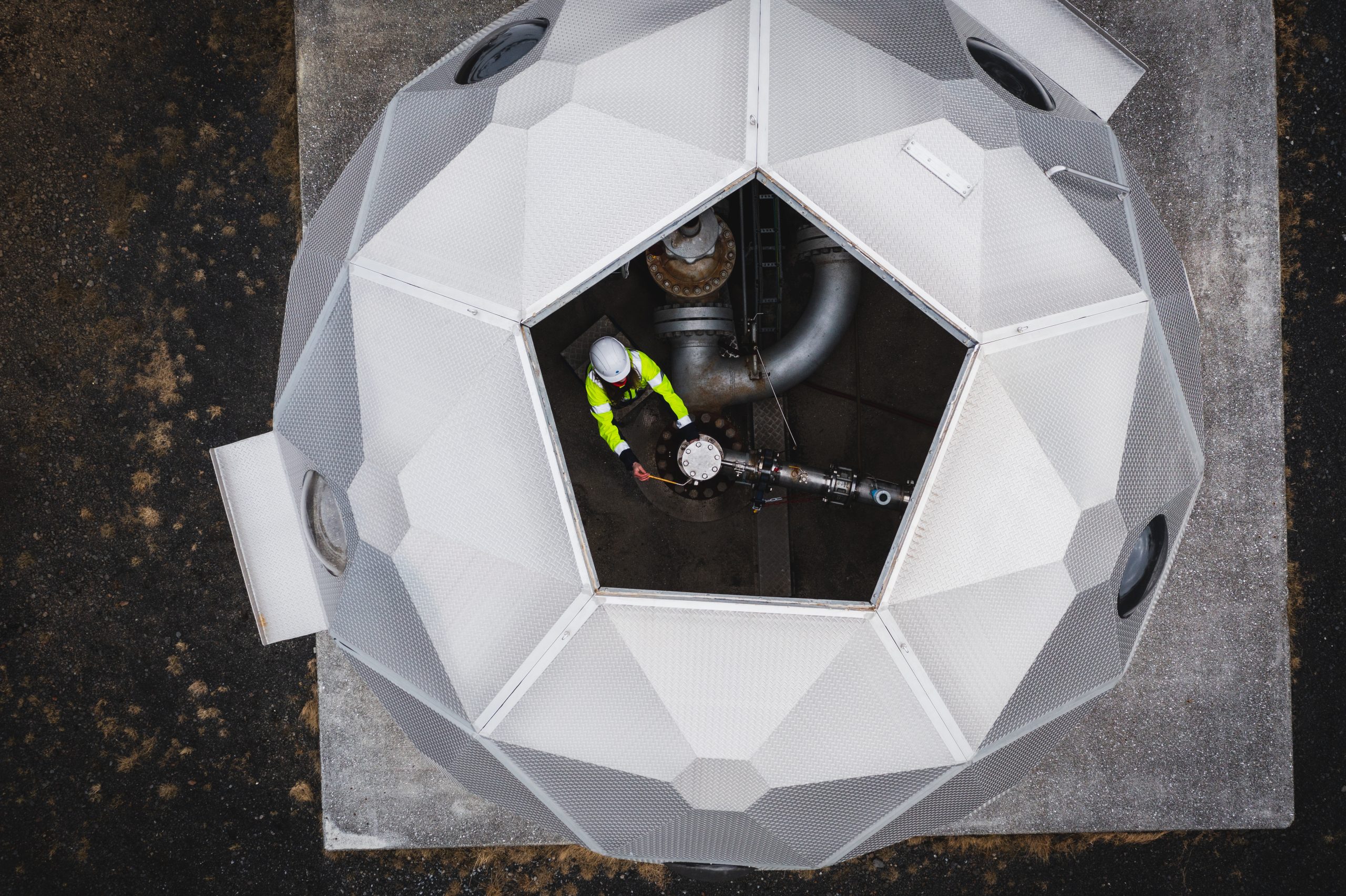
Company executives believe that their safe, permanent and cost-effective carbon mineralisation technology can and will significantly tackle the climate crisis. Carbfix technology is agnostic to the source of CO2 so that the company can mineralise either CO2 captured from industries or directly from the atmosphere. Fortunately, the importance of capturing and storing CO2 – in addition to other efforts – is now universally recognised by policymakers. Carbfix believes the future is bright, but its technology and other technologies must be scaled up quickly for the world to reach its climate targets.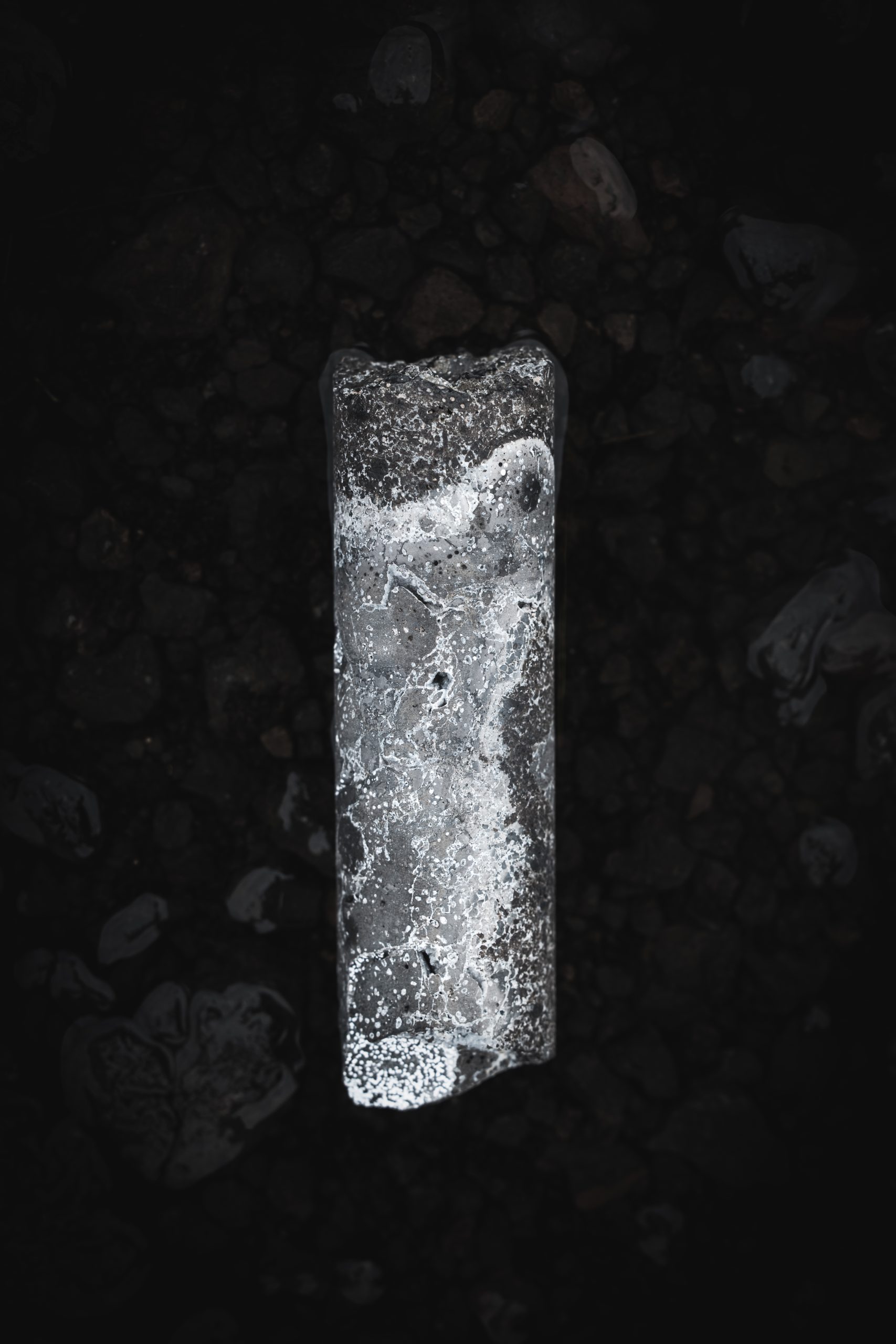
The company’s carbon
capture technology is
tackling the climate crisis

